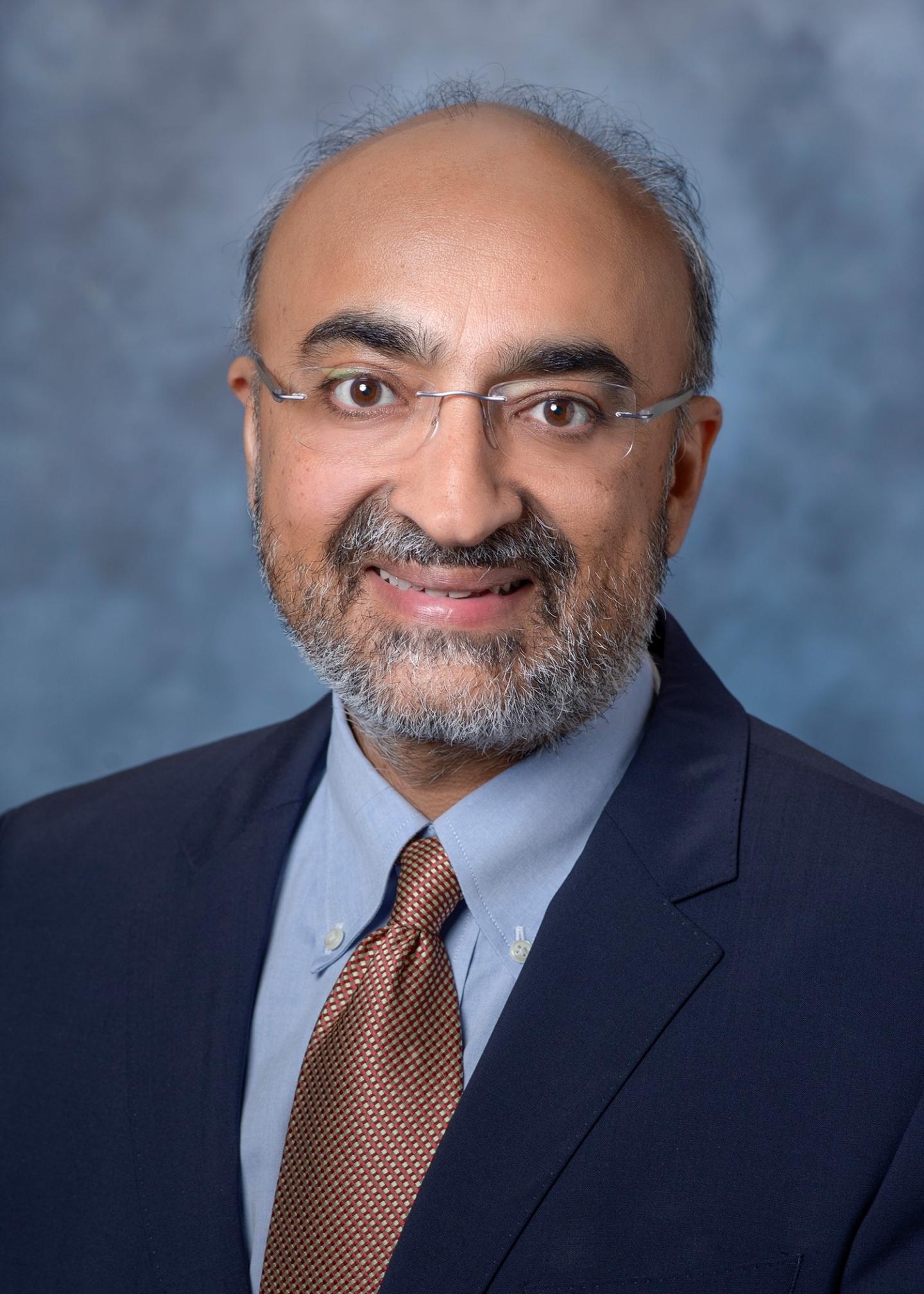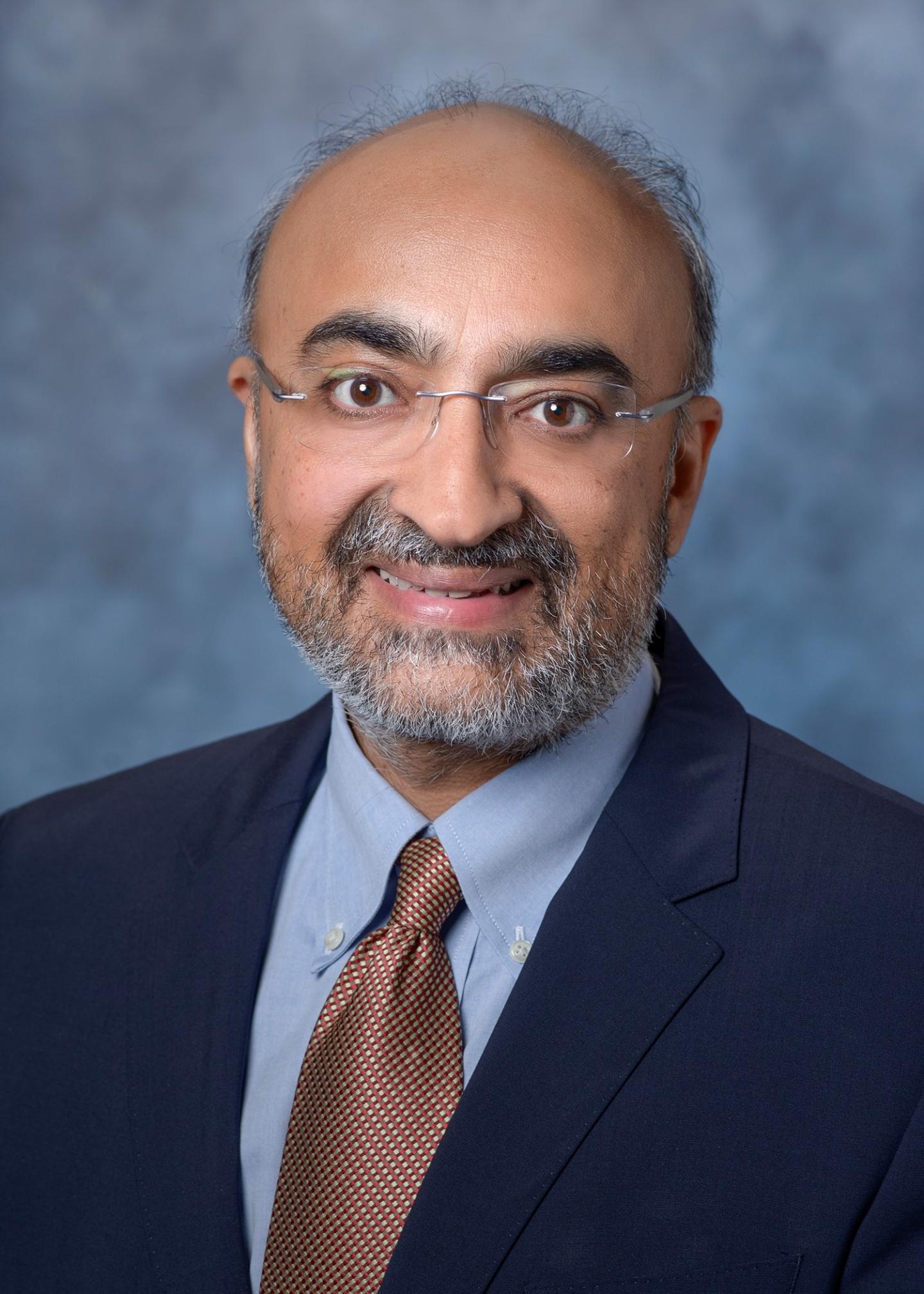
Credit: Cedars-Sinai
LOS ANGELES – Nov. 12, 2017 — Worried whether your heart health is strong enough for sex? A new study may lay your fears to rest: The risk that sex would trigger a sudden cardiac arrest is exceedingly small.
While sudden cardiac arrest, or SCA, results in more than 300,000 deaths each year in the United States, fewer than 1 percent were linked with sexual activity. In fact, only 1 in 100 men and 1 in 1,000 women experience sudden cardiac arrest during sexual activity, according to data published today in the Journal of the American College of Cardiology and presented at the American Heart Association Scientific Sessions.
Researchers led by Sumeet Chugh, MD, associate director of the Cedars-Sinai Heart Institute, analyzed data from the community-based Oregon Sudden Unexpected Death Study. More than 4,500 cases since 2002 were examined as part of the study, and only 34 cases occurred during or within an hour of engaging in sex. All reported cases were based on emergency medical service reports containing detailed information regarding the cause of the cardiac arrest.
"People will ask their doctors if sex increases their risk of sudden death, and we've never had the answer before because there never was a study," said Chugh, the study's senior author and a highly respected expert on sudden cardiac arrest. "Over the years, we've had a fair bit of data on physical activity and how it's related to sudden cardiac arrest, but no one had looked specifically at sexual activity. The risk is very small."
Sudden cardiac arrest occurs when an electrical impulse goes awry and the heart suddenly stops beating, halting blood flow to the brain and other vital organs. It usually causes death, if it's not treated within minutes.
Patients who experienced sudden cardiac arrest linked to sexual activity had higher rates of ventricular fibrillation – a serious cardiac rhythm disturbance – and tachycardia, a higher-than-normal heart rate. The majority of cases were men who had a previous history of heart diseases.
Other findings include:
- Those who experienced sexual activity related sudden cardiac arrest tended to be younger, with an average age of 60.3 years, compared to an average age of 65.2 years for those who had a sudden cardiac arrest that wasn't linked to sex.
- African Americans comprised 7.8 percent of the sudden cardiac arrests in the study, but almost 19 percent of the sexual activity-related cardiac arrests.
- Nearly 20 percent of the sex-related sudden cardiac arrest patients survived compared to just 12.9 percent of the non-sexual activity-related patients.
Though all patients included in the study had their sudden cardiac arrest witnessed by another person, less than a third received CPR. Bystanders performed chest compressions on 27 percent of the non sexual activity patients, while 32 percent of the patients who had a sudden cardiac arrest during or immediately after sex received CPR.
"This highlights the importance of continued efforts to educate the public on the importance of CPR, no matter the circumstance," Chugh said.
###
PHOTO CAPTION: Sumeet Chugh, MD, Cedars-Sinai Medical Center
PHOTO CREDIT: Cedars-Sinai
Media Contact
Sally A. Stewart
[email protected]
310-248-6566
@cedarssinai
http://www.csmc.edu





